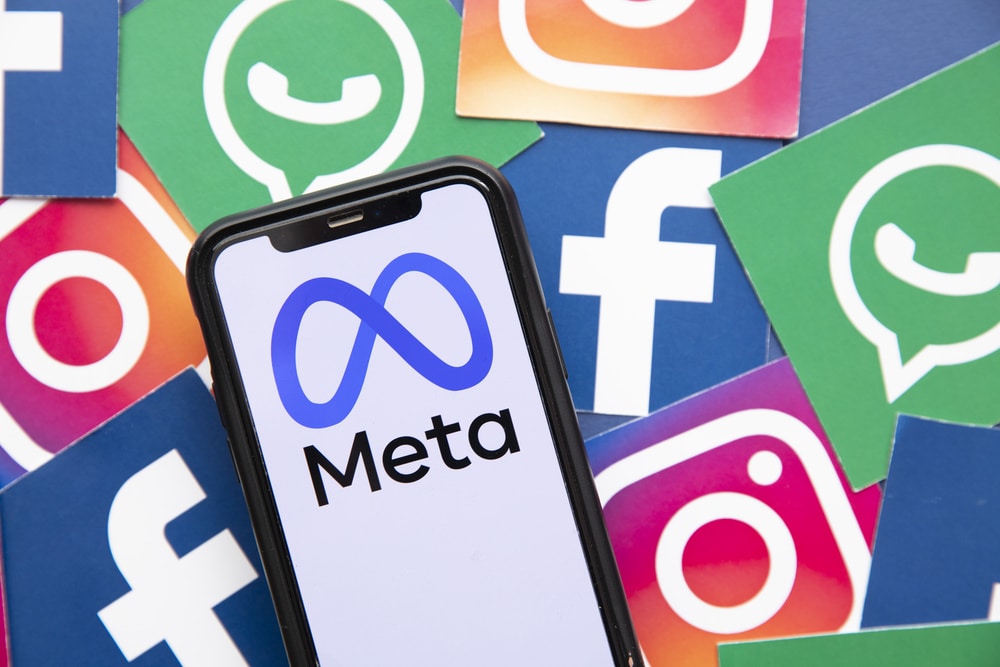Democrats have found a new superstar to help get out the progressive vote: Federal Trade Commission (FTC) Chair Lina Khan. Khan has done town halls with Representatives Raja Krishnamoorthi (D-IL) and Mark Pocan (D-WI), Senate candidate and current Representative Ruben Gallego (D-AZ), and Vermont Senator Bernie Sanders (I-VT).
Khan’s appearances are official government events—not campaign rallies. However, politicians would not appear at an event in an election year unless they where sure it would appeal to a key constituency. It may seem odd that politicians would consider it helpful to appear with an FTC chair. However, Lina Khan is no ordinary agency head. Khan has been a star in progressive circles since, while still a law student, she penned “Amazon’s Antitrust Paradox.” This article argued that the rise of Big Tech companies like Amazon and Google required government to take a more aggressive approach to antitrust. Khan has brought high-profile antitrust cases against Amazon and META (parent company of Facebook, Instagram, and What’s App), as well as attempts to block mergers and acquisitions in areas ranging from handbags to grocery stores.
Khan advocates a “holistic” approach to antitrust that recognizes how “workers and independent businesses, in addition to consumers, can be harmed by antitrust and consumer protection violations.” She has also called for the FTC to consider how certain business practices can help facilitate antitrust violations. This holistic approach gives federal antitrust enforcers justification for second-guessing almost any decision made by almost any American business.
The FTC chair has a number of fans on the “populist-nationalist” right. These “Khanservatives” want Republicans to embrace a Lina Khan-like approach to antitrust. Khanservatives want to use antitrust to punish Big Tech for manipulating their algorithms to suppress conservative news and opinions. Some Khanservatives believe the Big Tech companies influenced the outcome of the 2016 and 2020 presidential elections.
The most prominent Khanservative is Republican vice presidential nominee JD Vance. Senator Vance (R-OH) has publicly praised Khan and, before being picked as Donald Trump’s running mate, suggested that if Trump returns to the Oval Office he should “use the administrative state” to advance a conservative agenda. Senator Vance has also called for the government to break up Google because “the monopolistic control of information in our society resides with a progressive company.”
Lina Khan and Senator Vance’s attack on Big Tech may play well with part of their parties’ bases. However, a survey of 2,000 likely voters in the “battleground” states of Arizona, Michigan, Nevada, Pennsylvania, and Arizona (400 voters were interviewed in each state) conducted by Public Opinion Strategies for the Competitiveness Coalition (of which my employer the Market Institute is a member) shows it is not popular with the general public.
64% of voters oppose breaking up Big Tech companies. The reason breaking up Big Tech companies is so unpopular is most consumers understand that it will raise consumer prices. Yet the Joe Biden administration, under the leadership of Justice Department Antitrust Division head Johnathan Kanter, may attempt to break up Google.56% of voters oppose burdening Big Tech companies with regulations and lawsuits.
What may be the most disappointing result for Lina Khan is that 58% of those surveyed oppose the FTC’s lawsuit against Amazon. When asked what concerned them most about government actions against Big Tech, 27% said it was that Apple will no longer be able to guarantee the safety and security of their downloads, while 25% said they were worried that Amazon will no longer be able to offer free two-day shipping (which was a lifesaver to many during the pandemic).
The poll did not ask if responders would feel feel differently if the attack on Big Tech was done by a Republican Administration. However, given the poll showed that keeping government’s hands off Big Tech is more popular than either Donald Trump or Kamala Harris—it is unlikely voters care if it is an advocate of hipster antitrust or Khanservatism depriving them of Amazon Prime and Google maps. The people want both parties to support separating technology and state.







